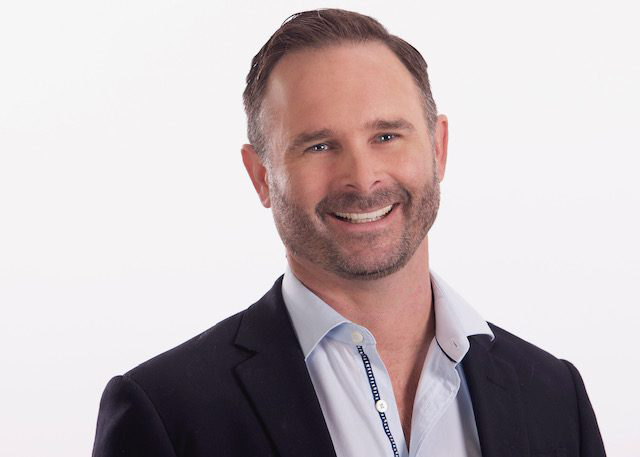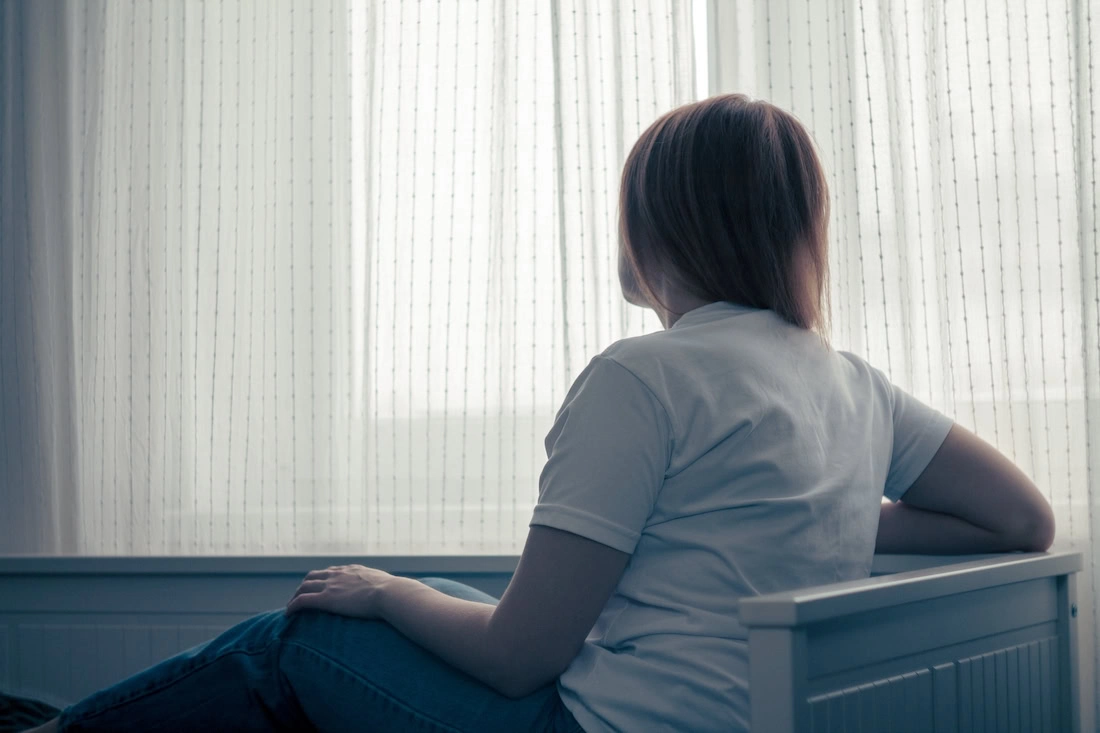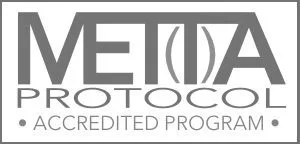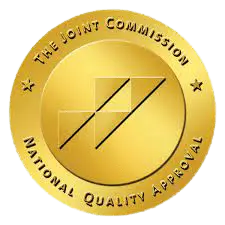If you are dealing with bipolar disorder, it is a daily nightmare. Your day is filled with unpredictable mood swings and shifts in energy. While there are many options to treat your bipolar disorder, you may fear the stigma that surrounds your diagnosis. As a result, you may be medicating with substances to cope with your feelings. While drugs and alcohol help you feel better in the short term, you are not addressing the root of your mental illness. This not only will lead to your bipolar symptoms growing worse, but you may also develop a debilitating addiction.
This article focuses on the two-headed monster that is bipolar disorder and substance abuse. You will know more about bipolar disorder and the connection between bipolar disorder and addiction. Treating both conditions requires intensive professional help. As one of Indiana’s premier treatment facilities, SEE Purpose provides a dynamic and individual approach to treatment. Our evidence-based substance abuse and mental health programs empower you to transform your life.
Call SEE Purpose today and overcome bipolar disorder and substance abuse once and for all.
Understanding Bipolar Disorder
Simply defined, bipolar disorder is a mental illness that causes unpredictable shifts in a person’s moods, energy levels, activity levels, and concentration. The National Institute of Mental Health (NIMH) identifies three main types of bipolar and they are defined as the following:
- Bipolar I disorder – defined by manic episodes that last for at least seven days (nearly every day for most of the day) or by manic symptoms that are so severe that the person needs immediate medical care. Usually, depressive episodes occur as well, typically lasting at least two weeks.
- Bipolar II disorder – defined by a pattern of depressive episodes and hypomanic episodes. The hypomanic episodes are less severe than the manic episodes in bipolar I disorder.
- Cyclothymic disorder – defined by recurring hypomanic and depressive symptoms that are not intense enough or do not last long enough to qualify as hypomanic or depressive episodes.
When people with bipolar experience “up” periods, they are extremely happy, upbeat, optimistic, and have seemingly inexhaustible energy. When those with bipolar experience depressed states, they feel lifeless, sad, and indifferent to their environment.
The Connection Between Bipolar Disorder and Substance Abuse
There is a strong connection between bipolar disorder and substance abuse. If you are like many who experience bipolar, you have a constant and exhausting struggle with your moods and energy. While there are many mental health treatment programs that can help you address and overcome bipolar, you may be very hesitant. You may fear the stigma of mental illness and be labeled as “weak” or ”defective”. You may also not be able to afford mental health treatment because of cost or being uninsured.
As a result, you may turn to drugs and alcohol to self-medicate. In the short term, substances help dull emotions and help you cope with what you are feeling. In the long run, using substances as a primary way to cope with bipolar will harm you. Without dealing with the underlying issues that created your illness, you will see your symptoms worsen over time. Worse yet, your substance use will increase, and you may develop a complex condition called dual diagnosis, which is difficult to treat.
Getting Treatment For Bipolar Disorder and Substance Abuse
The most effective way to treat the dual diagnosis of bipolar disorder and substance abuse is through an intensive dual-diagnosis treatment program. In these specialized programs, experienced addiction and mental health professionals work together and treat your dual diagnosis with a comprehensive, evidence-based treatment program personalized to your needs. The important components of your dual diagnosis treatment program include the following:
- Medical detoxification
- Individual, group, and family therapy
- Medication management (MAT programs)
- Emotion management
- Holistic therapies such as art therapy, animal therapy, and music therapy
- 12-step programs
- Relapse prevention
- Aftercare programs, including continuing counseling and therapy
For the best results, you should seek this type of treatment in a residential setting and away from the triggers of your home environment. Because of the complexity of dual diagnosis, you should find a treatment program that lasts for 60 days or more.
Conquer Dual Diagnosis With The Help Of SEE Purpose Treatment Center
Bipolar disorder and substance abuse tear apart the lives of sufferers and families alike. If you need evidence-based dual diagnosis treatment, contact SEE Purpose Treatment Center today. We use a unique multi-dimensional approach to treatment that treats you in mind, body, and spirit. With the support of our experienced treatment team, you are given the space and respect to address your issues and transform your life.
Call SEE Purpose Treatment Center today and begin to see that recovery is a reality and learn how our Indiana inpatient substance abuse program can help.

